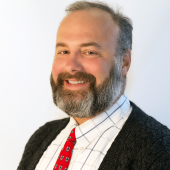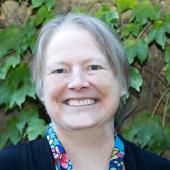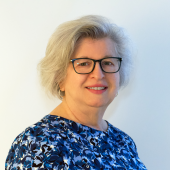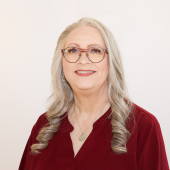
Tracing Female Ancestors in America
Women make up 50% of your ancestry, yet their lives, experiences, and even complete names are all too often forgotten by written history. This course will help you reclaim their stories by providing resources and strategies for finding maiden names, discussing women’s legal rights through history as they pertain to genealogical documents (such as land and probate records, voting lists, naturalization, etc.), uncovering material and written culture left behind, and using mitochondrial DNA to trace maternal lines.
This course includes four 90-minute classes; exclusive access to handouts and recordings of each presentation; and in-depth q&a sessions with the instructors.
Schedule
February 2
Class 1: Finding Elusive Maiden Names, Presented by Ann G. Lawthers
Learning about your female ancestors and their families is dependent on knowing her maiden name. Unfortunately, all too often we find women listed by their married names only or that their maiden name is simply not recorded. Learn what records are most likely to provide this information and gain important strategies for finding that elusive maiden name.
February 9
Class 2: Legal Rights of Women in America, Presented by Rhonda R. McClure
Understanding women’s legal rights in America can help provide expectations for when women might appear in records, help define their roles in said records, and lend context for understanding your ancestors’ lives. In this class, Rhonda R. McClure will outline the rights and roles of women in documentary history and provide a number of examples, especially as it applies to land, probate, voting, and naturalization.
February 16
Class 3: Researching Women in the Archives, Presented by Judy Lucey
Although women were often overlooked in official records, throughout time they have been the keepers of family and personal history. When they survive, diaries, letters, account books, family bibles, samplers, organization records, and more can reveal more about a woman’s daily life than any government document. Judy Lucey will discuss how these unique records and manuscripts can be used to piece together a family story and how digging in the archives can hit genealogical gold.
February 23
Class 4: Using mtDNA to Trace Female Ancestors, Presented by Christopher C. Child
Advances in DNA research over the last decades have had huge implications for the field of genealogy. Testing mtDNA in particular can lead to discoveries along your maternal line—both in the recent and distant past. Using a number of case studies, Christopher Child will demonstrate how mtDNA results can help you verify hypotheses, make connections, and trace female ancestors.




